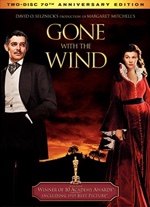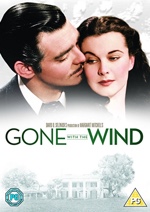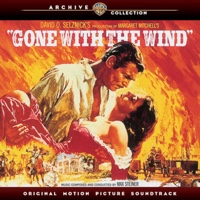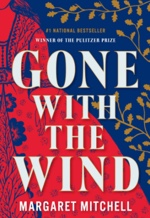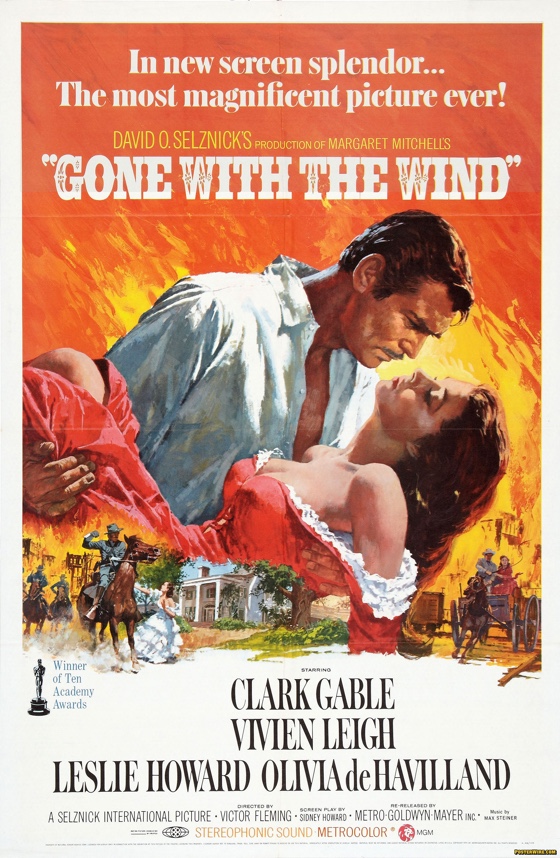The Heroine’s Journey
If you love Gone with the Wind, you must see the restored version that’s new to video. The remastered soundtrack is crisp and clear, and Max Steiner’s lavish score sounds wonderful, but it’s the cleaned-up film stock that astounds: Victor Fleming’s 60-year-old movie looks like it was shot this year.
Yet it’s not the dazzling technical makeover but the film’s resonant, epic story that makes Gone with the Wind worth watching again. Scarlett O’Hara (Vivien Leigh) travels the classic hero’s journey, which fiction rarely allows a woman to experience. The traditional structure begins with a young naïf: Scarlett, spoiled and pampered, is so used to getting her own way that when drippy Ashley Wilkes (Leslie Howard) refuses her hand, she foolishly marries the first suitor who asks her out of pure petulance. Typically, the naïf is thrust from her protected home into the frightening real world: Widowed quickly after the outbreak of the war with the North, Scarlett is sent from her beloved Tara to her aunt’s house in Atlanta. Our hero faces personal and moral danger in the big, bad world: Atlanta under siege is a city in the grip of a panic brilliantly depicted, threatening bodily harm, and Scarlett’s reputation is at risk when she falls in with the blockade runner Rhett Butler (Clark Gable), even though she’s still supposed to be in mourning for her dead husband.
But our hero survives the dangers, and emerges wiser and old beyond her years: Scarlett finds it within herself to protect Ashley’s wife, Melanie (Olivia De Haviland), simply because she promised him she’d take care of Melanie, though she can’t stand the woman who stole the man she loves. The hero returns to her cherished home, usually under attack from the outside, hoping to save it: Scarlett goes back to Tara to find it devastated, her father unable to care for it, her mother dead, and vows to rebuild. But like the typical hero, she finds that an impossible dream.
And that’s just the first half of the film!
Gone with the Wind endures thanks to its other mythic characters as well. Rhett is the archetypal rogue, grandfather to that other filmic outlaw Han Solo — we like Butler because he’s a scoundrel — indeed, some of Solo’s classic lines come right out of Butler’s mouth. Melanie is a model of virtue, forgiving or ignoring slights and always seeing the best in everyone, even if that best is only in her imagination.
In another 60 years, and another, film fans will be still marveling at Gone with the Wind.
Oscars Outstanding Production 1939
AFI 100 (1998 list): #6
unforgettable movie moment:
After the ruinous siege of Atlanta, thousands of wounded and dying men laid out on the bare ground.
previous Best Picture:
1938: You Can’t Take It with You
next Best Picture:
1940: Rebecca
previous AFI 100 film:
5: Singin’ in the Rain
next AFI 100 film:
7: Lawrence of Arabia









